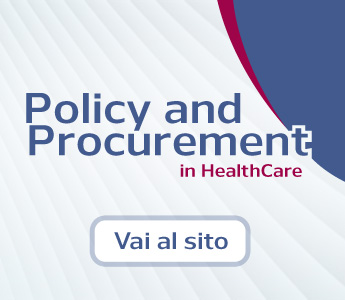Implicazioni medico-legali delle linee guida cliniche
DOI: https://doi.org/10.7175/pmeal.v4i4.356
Abstract
Clinical guidelines are defined as «systematically developed statements to assist practitioner and patient decisions about appropriate health care for specific clinical circumstances». Their aim is to help the physician in making clinical decisions, improving the quality of patient care, and promoting efficient use of economic resources. The paper explores legal, deontological and ethical aspects of guidelines in the Italian context. In Italy, adherence to the guidelines is not considered legally binding for the physician. Anyway guidelines can be used by the Court in medical malpractice litigation. In fact, assuming that clinical guidelines express the reasonable standard of care, they can be considered a tool for assessment of the questionable conduct. To avoid that guidelines might be considered merely as an instrument of defensive medicine, it is essential that clinicians become aware of their importance in improving clinical practice.
Parole chiave
Clinical guidelines; Legal aspects; Medical liability
Testo completo
Statistiche
Abstract: 945 visualizzazioniPDF: 1022 visualizzazioni
Refback
- Non ci sono refbacks, per ora.
Copyright (c) 2012



